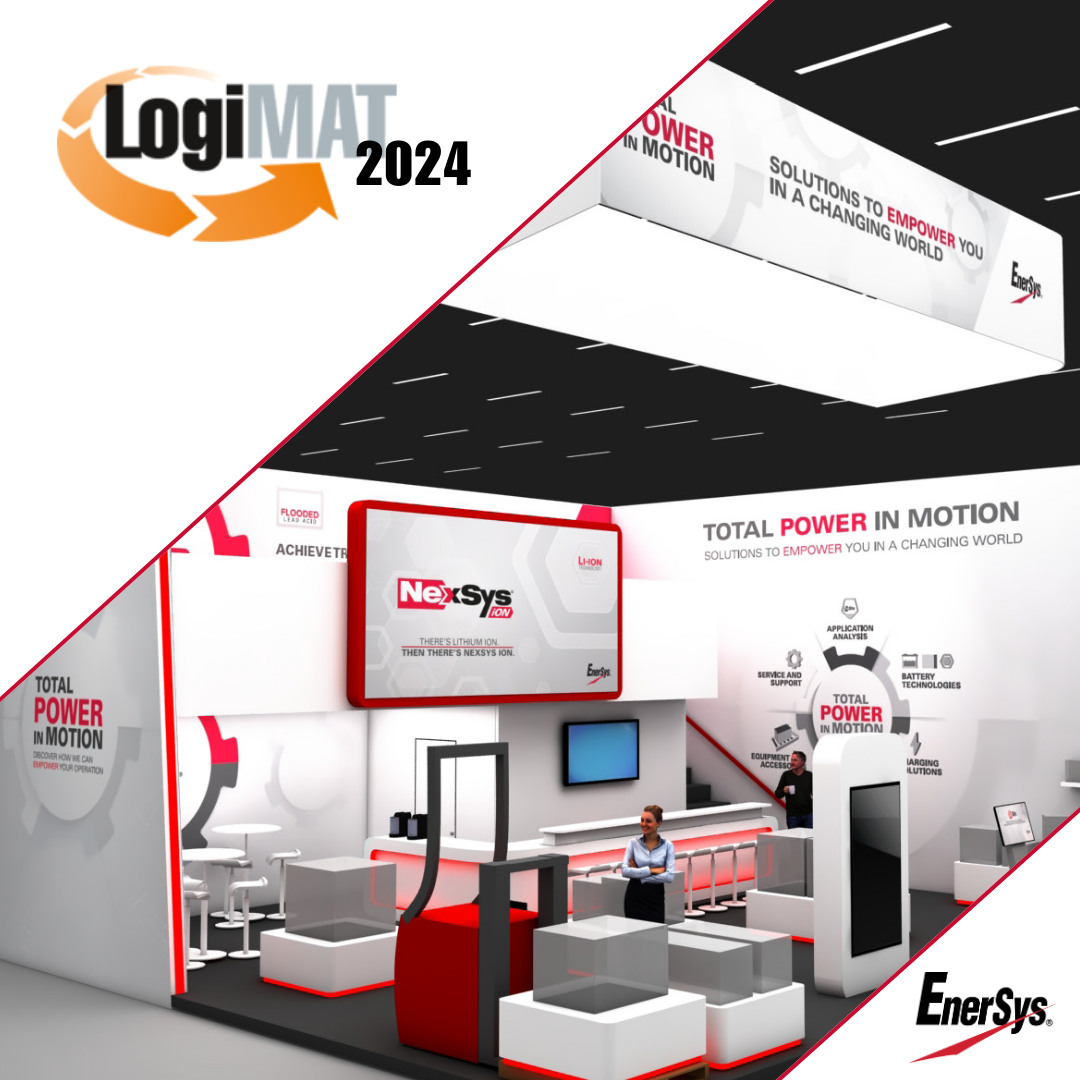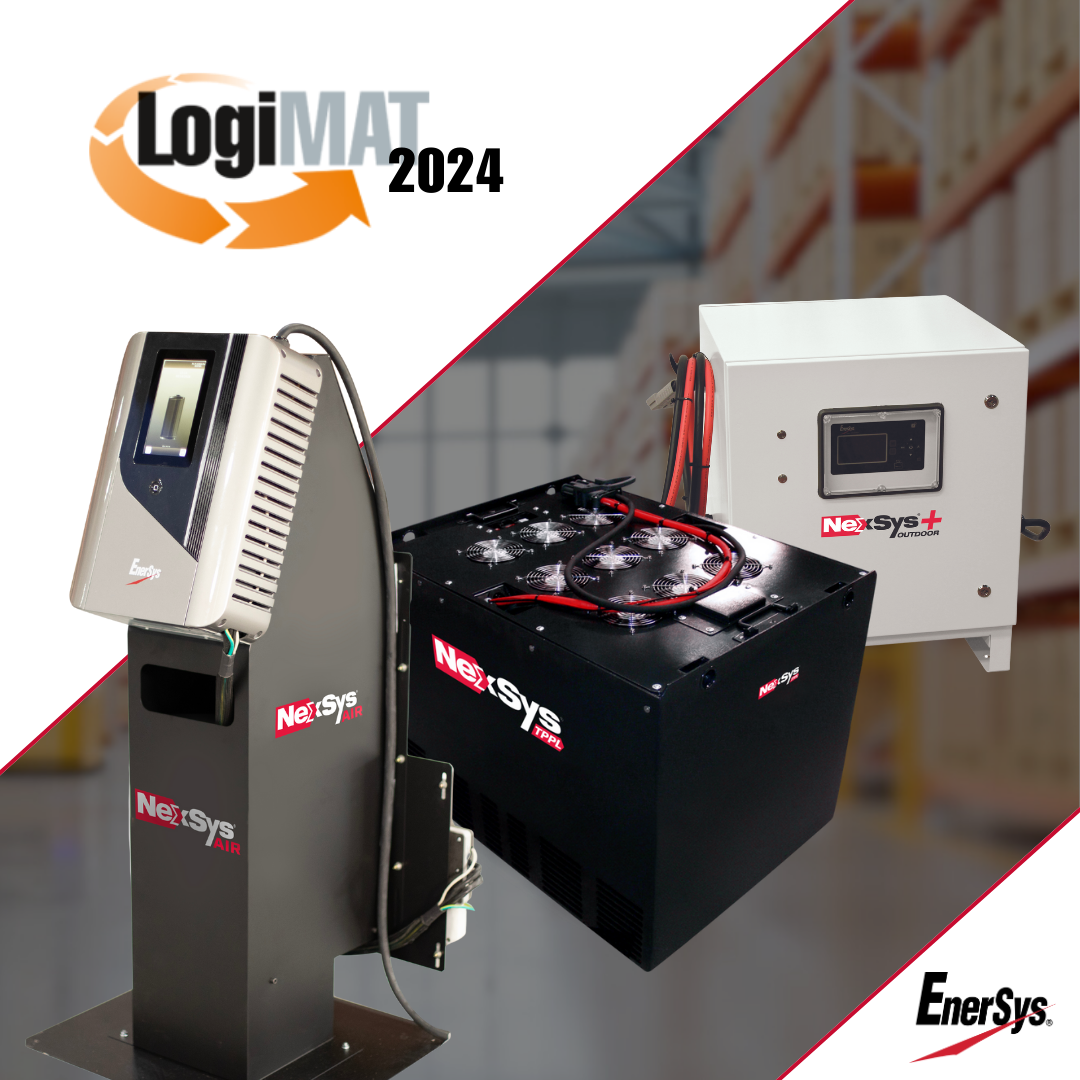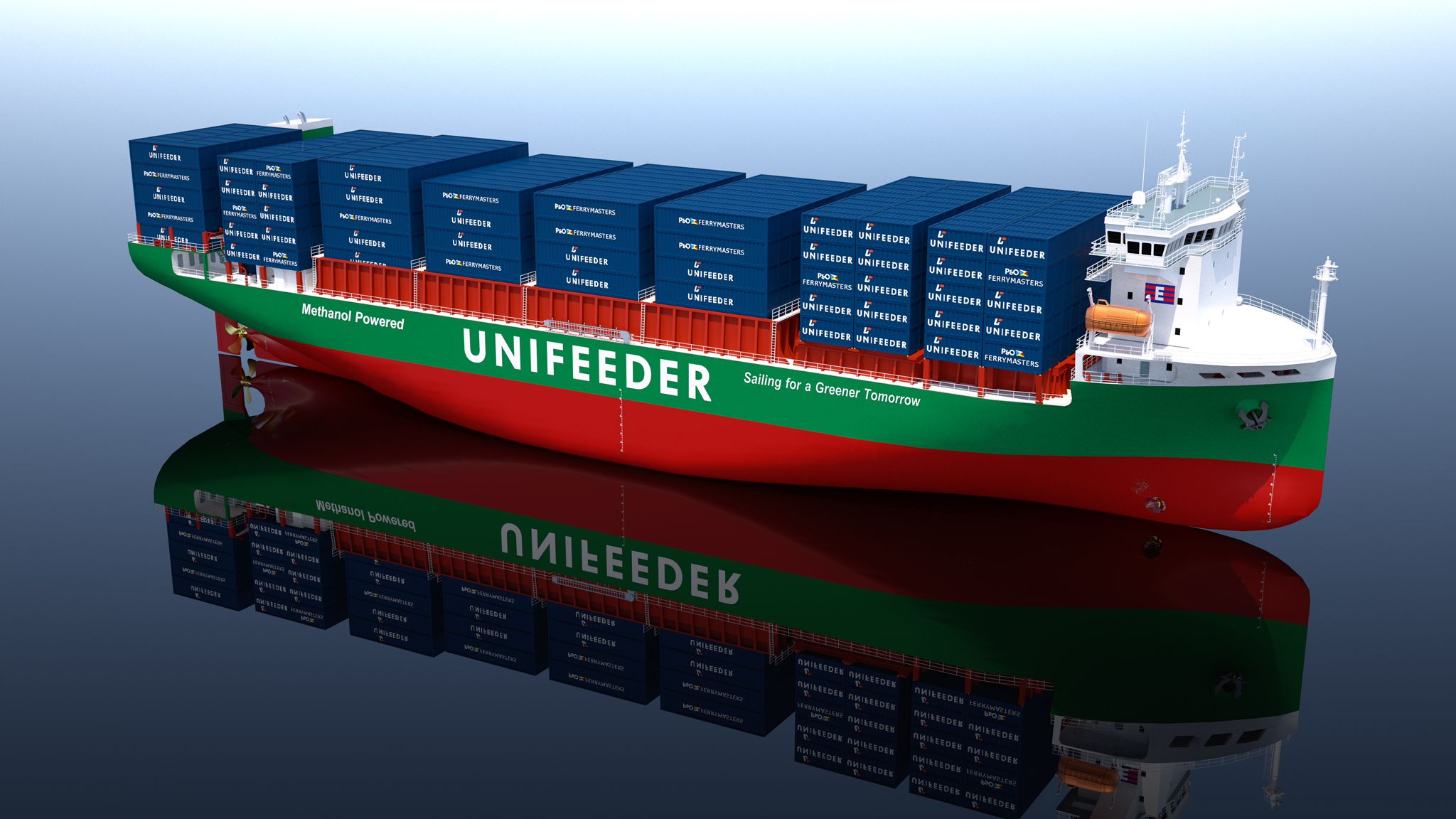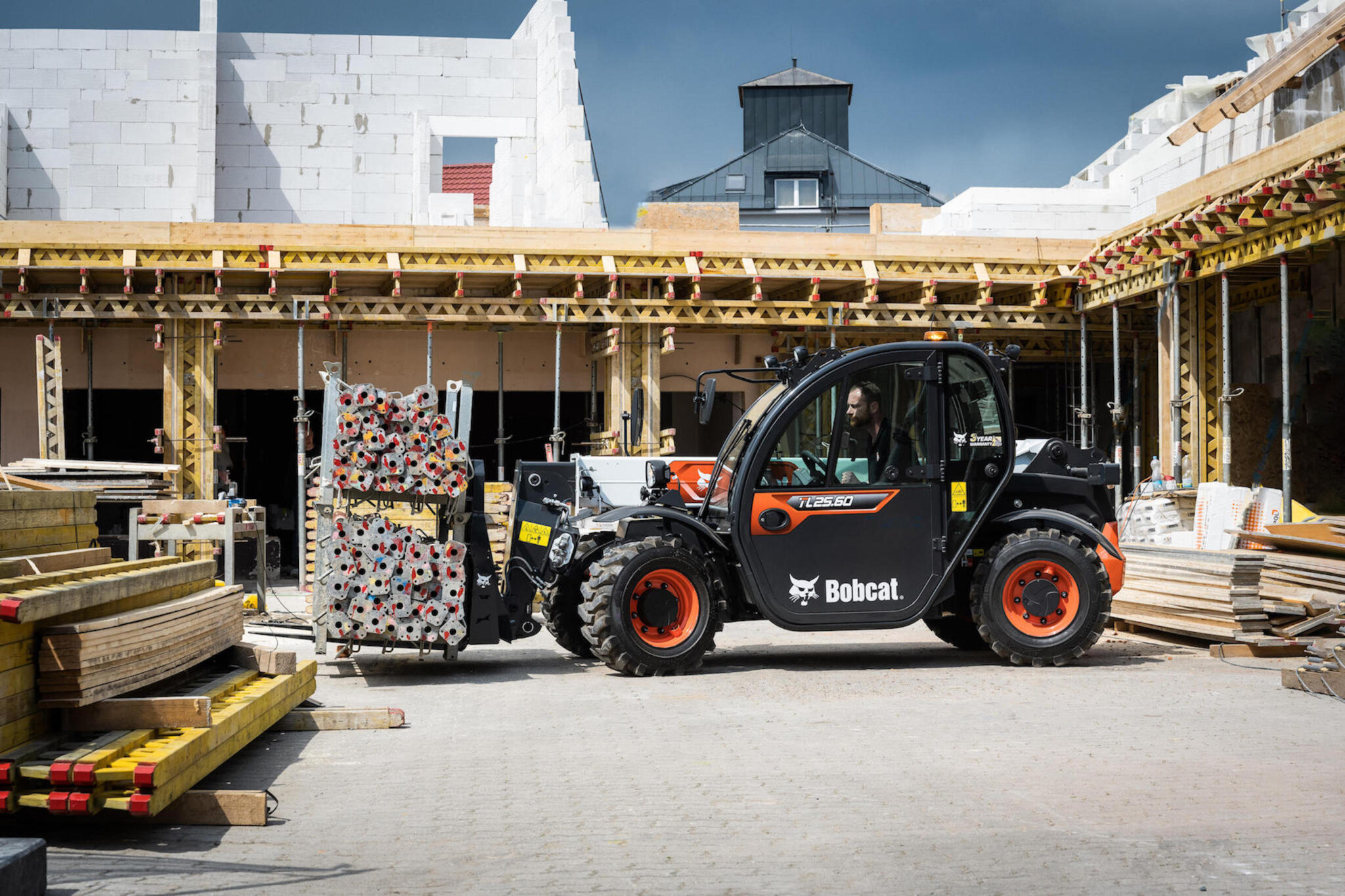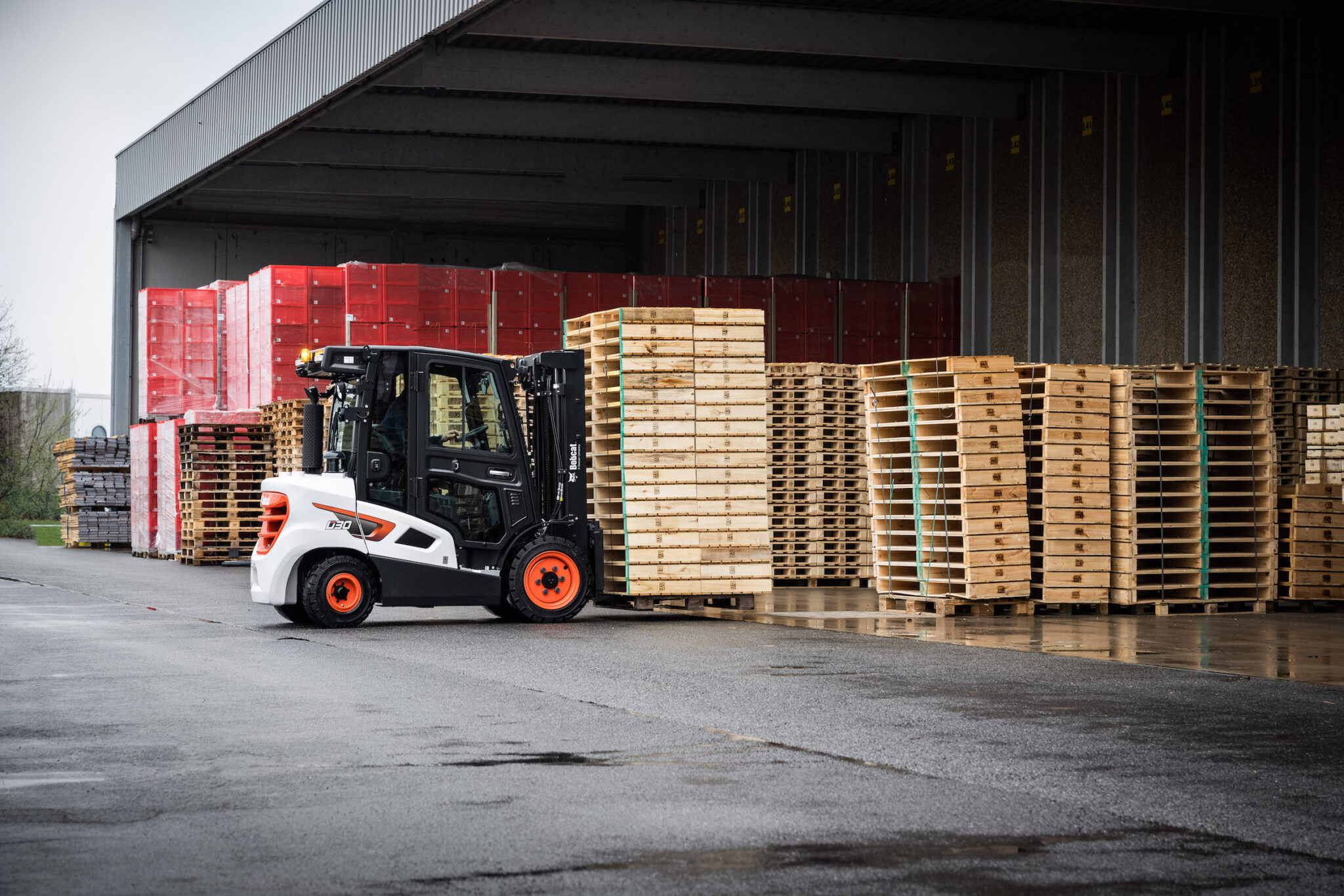Stansted Airport in Essex is FedEx’s biggest cargo hub in Britain. David Priestman grabbed a tour of the busy facility.
A giant of the logistics world, FedEx has a turnover of $90bn, 500,000 staff in 200 countries, handling over 16 million items per day. Since the acquisition of TNT in 2016 the company, founded over 50 years ago by Fred Smith, its President, has strengthened its road freight network and European presence, with 10% of its employees here.
Stansted is foremost among 68 depot stations and 6 hubs in the UK. Around 400 of FedEx UK’s 10000 employees are based here, the fourth busiest airport in Britain. From Stansted there are direct connections to Paris CDG (the hub for Asia-Europe freight) and Liege in Europe, plus two daily flights from the USA – Indianapolis and Memphis, the global hub. 60% of items handled here are imports, 40% exports.
Import sorting
Managing Director of Ramp and Gateways Operations for Northern Europe, Alun Cornish, has been with the company for 20 years. The tour started with the customs hold ‘cage’. “When regulations change we see an increase in goods held temporarily in the cage,” he informed me. “FedEx are ready for the new UK government Customs Declaration Service, even with the further delays till March. The new import system is the next step in the modernisation of our Stansted operation.” Imported items requiring declaration are intercepted automatically by the sorters and held for customs duties or inspection. The UK Border Force has its own area and staff within the warehouse. About 8% of total volume comes to the cage, with 5700 packages there on average, at any one time.
The import sort facility is adjacent to the airside apron at Stansted, with ULD (unit load device) air containers fed directly on to a castor floor. A manifest is provided to HMRC as each cargo plane lands. A new installation by Vanderlande has doubled throughput capacity to 6000 items per hour, to cater for demand. Phase two was still being completed when I visited. A dangerous goods area is utilised for compliance checks on such items going onwards domestically by truck. “This is a fundamental part of our value proposition,” Cornish stated. FedEx are focusing on increasing the quantity of pharmaceutical and medical freight here, as they are priority products. The facility has fridges, freezers and dry ice here for them.
The new parcel sorting system will speed up the processing of imports. It is equipped with technology from Sick that captures data points via barcode scanning, providing instant updates to the FedEx operations team and the customer receiving the goods. “This is the brains of the system,” Cornish informed. The system has the flexibility to connect to a range of different outfeeds, meaning parcels can be loaded into a number of different types of vehicles for onward connection. For example, a flight from Paris CDG arriving at 04.00 is unloaded, delivered to the import sorters, split and loaded on to trucks to the other hubs or on to vans to the final delivery destination that day.
Export sorting
$25m has been invested by FedEx in a number of projects to improve the Stansted facility. The new exporting system was introduced to speed up the flow of goods through the facility, resulting in approximately 80% of shipments bound for international markets being scanned and processed by machines. Capacity is determined by the speed of the sorter through the x-ray scan tunnels, and the system maintains gaps between packages by selecting which belt to send them on. Accuracy has improved and the system can handle various dimensions. Some items, such as liquids, are still sent for manual x-ray in a separate room. FedEx’s customer service teams assist with new export compliance issues. Sniffer dogs are deployed on site – 5 Springer Spaniels, each with trained expertise for specific substances, such as explosives.
Rob Peto is the VP of Operations, UK and Ireland. He said growth in 2023 was driven by ecommerce and sales team success with big intercontinental freight contracts. “We have a great product portfolio; we can do bespoke special services, high priority or cheap deferred freight. I look at where we have imbalances (between inbound and outbound loads) and the capacity to align them. Our job is to help our customers be successful, to connect.”
Greening parcels
Peto and his team analyse trade lane trends and develop services such as FedEx International Connect Plus – an ecommerce offering to give retailers customer access globally. FedEx Delivery Manager enables day-specific and alternative delivery locations to be selected and tracked. For urban, last mile delivery in the UK the company is now using some British-made third generation e-cargo bikes to reduce emissions. They can carry up to 170kgs. Some electric vans are deployed, mainly in London. FedEx has set a target of achieving net zero by 2040, with half of new vehicles being EVs by 2030. Trucks for line-hauling are trialling alternative fuels.
I asked Peto whether FedEx, like many logistics businesses, are finding it challenging to recruit and retain staff? “Its fine,” he replied. “There are always hotspots. We did see driver shortages but ensured we covered that via training and with partners.” FedEx utilise jobs fairs and colleges for local hiring. “The reduction of passenger airline staffing in winters means we can pick-up those looking for more work then,” added Cornish.

Going airside
Boeing 777 dedicated freighters are the main aircraft used for transatlantic and intra-Europe routes. New aircraft are quieter, emit less CO2 and use sustainable fuels. They are referred to as ‘purple tail’ – the company’s own fleet – with passenger airlines’ belly capacities used as well.
The flight from Indianapolis arrived, on time, and I was pleased to be able to witness it being unloaded first-hand by literally squeezing myself from the behind the cockpit, back between the ULDs and the bare fuselage wall. Every possible square metre of space is utilised on a freighter! The upper deck is offloaded first, via the skeet castor floor on to a giant scissor lift. The ULDs and the assorted palletised consignments are moved swiftly. Each has an overhead fire suppression system, developed by FedEx, that can puncture the ULD before pump injecting argon-based foam. They certainly must help the pilots relax and focus on flying.
Read More:
FedEx and TNT Express



